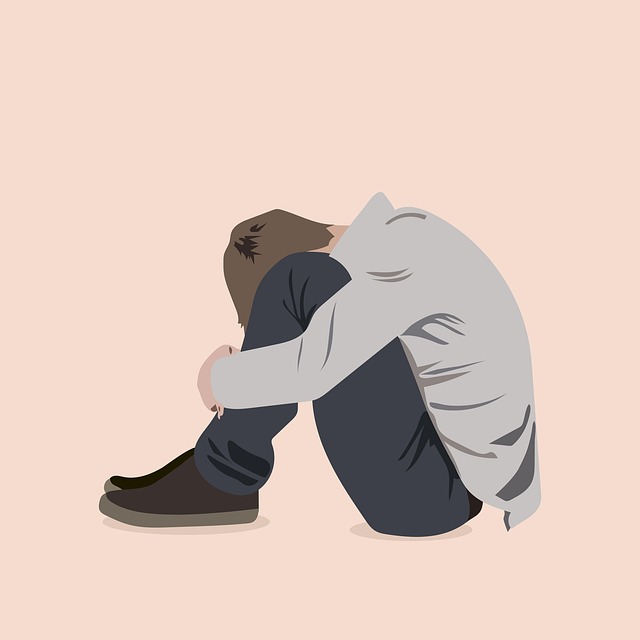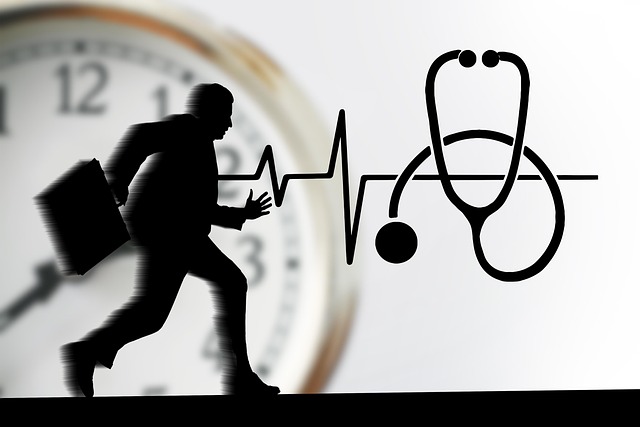Risk assessment is key to protecting adolescent teens from peer pressure, academic stress, and emotional turmoil, which can lead to risky behaviors or mental health issues. Through comprehensive assessments, parents, caregivers, and healthcare providers can create supportive environments. Effective strategies include therapy sessions focusing on crisis intervention and stress management, ensuring healthcare providers are culturally competent, and workshops for adults to support teen well-being. Therapy for adolescent teens and enhancing parenting skills are vital harm minimization tools, fostering open communication, strong parent-child relationships, emotional understanding, and behavior management, ultimately promoting mental wellness in teenagers.
Risk assessment and harm minimization planning are crucial components of ensuring the well-being of adolescent teens. This article delves into three key aspects: understanding risk assessment, exploring harm minimization strategies for parents, and examining the role of therapy in enhancing parenting skills for effective risk management. By identifying potential hazards and implementing supportive environments, parents can empower their teenagers to make safer choices. Additionally, therapy offers valuable tools to navigate challenges and foster healthier relationships.
- Understanding Risk Assessment: Identifying Potential Hazards and Their Impact on Adolescent Teens
- Harm Minimization Strategies: Empowering Parents to Foster Safe and Supportive Environments
- The Role of Therapy in Enhancing Parenting Skills for Effective Risk Management
Understanding Risk Assessment: Identifying Potential Hazards and Their Impact on Adolescent Teens

Risk assessment is a critical process for understanding and mitigating potential hazards that can significantly impact adolescent teens. By identifying and evaluating risks, parents, caregivers, and healthcare providers can create a safe environment and foster healthy development. Adolescent teens often face various challenges, such as peer pressure, academic stress, and emotional turmoil, which can lead to risky behaviors or mental health issues. A comprehensive risk assessment involves recognizing these potential triggers and understanding their underlying causes.
One effective approach is to enhance parenting skills through therapy sessions that teach teens and their parents crisis intervention guidance and stress management techniques. Additionally, healthcare providers should undergo cultural competency training to address diverse teen populations’ unique needs. Organizing workshops or seminars on these topics can empower adults to better support adolescent teens, ensuring they receive the necessary tools and resources to navigate risks and promote overall well-being.
Harm Minimization Strategies: Empowering Parents to Foster Safe and Supportive Environments

Harm Minimization Strategies play a pivotal role in ensuring the safety and well-being of adolescent teens. By empowering parents with effective parenting skills, we can foster safe and supportive environments that promote mental wellness. Therapy for adolescent teens often emphasizes the importance of open communication, which forms the foundation for strong parent-child relationships.
Mental wellness is enhanced when parents are equipped with communication strategies that encourage honest dialogue and crisis intervention guidance. These tools enable them to navigate challenging situations with empathy and clarity, creating a secure space for their teens to express themselves without fear. Such proactive measures not only minimize potential harms but also strengthen family bonds, fostering a positive impact on the overall development of adolescent teens.
The Role of Therapy in Enhancing Parenting Skills for Effective Risk Management

For many families dealing with adolescent teens, effective risk management starts at home. This is where therapy for adolescent teens parenting skills plays a pivotal role in enhancing parental capabilities to navigate this challenging phase. Through mental wellness coaching programs, parents gain valuable insights and tools to foster healthier communication, understand their teen’s emotions, and develop strategies for managing difficult behaviors. By boosting parental confidence and encouraging emotional regulation, these sessions empower them to create a safer and more supportive environment.
This proactive approach not only helps in minimizing potential risks but also promotes overall mental wellness. Teenagers who grow up in homes where parents have undergone confidence-boosting therapy often exhibit improved coping mechanisms, better stress management skills, and enhanced emotional intelligence. This, in turn, positively influences their interactions with peers and contributes to a healthier development trajectory.
Risk assessment and harm minimization planning are crucial components in ensuring the well-being of adolescent teens. By understanding potential hazards and their impact, implementing harm minimization strategies, and leveraging therapy for adolescent teens to enhance parenting skills, we can foster safe and supportive environments. Integrating these approaches empowers parents to effectively manage risks and promote healthy development in their teens.









